Tourist Spinal Injury in Ibiza: From Diving Holiday To Permanent Wheelchair
A British man, David Hayes, 42, suffered a Tourist Spinal Injury in Ibiza that changed his life forever. What began as a family diving holiday ended with a severe spinal cord injury. This article examines what happened, the medical battle, the recovery process, and how a community has rallied to help.
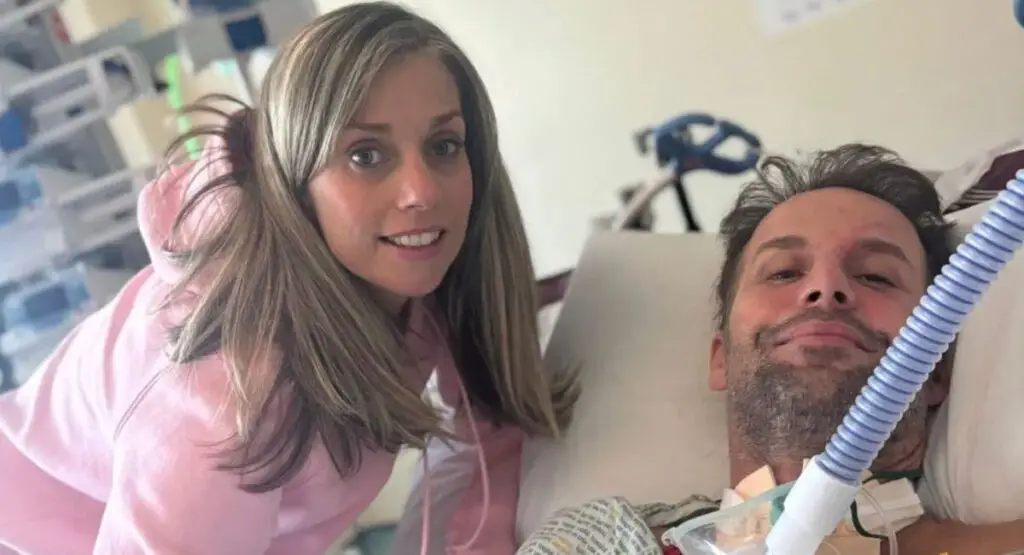
The Accident And Initial Diagnosis
On 11 July, David was diving in Ibiza with his children. He fractured his C5 vertebra and suffered irreversible spinal cord damage between C4 and C6.
He spent nearly three weeks in an induced coma at Policlínica Nuestra Señora del Rosario in Ibiza. After stabilisation, doctors confirmed he would be tetraplegic, with no hope of regaining mobility.
Current Medical Progress And Rehabilitation
Despite the bleak prognosis, David shows signs of slow improvement. He can now breathe unaided for certain periods and eat solid food.
He is being prepared for transfer to Salisbury Spinal Treatment Centre, a specialist facility for spinal injuries.
Emotional And Physical Challenges
Adapting to life in a wheelchair comes with not just physical, but emotional hurdles. Transfers, sitting tolerance (currently 15 minutes), and skin fragility all pose daily risks.
David’s wife, Elly, aged 38, also faces her own fight. She has early-stage breast cancer, undergoes radiotherapy, and must care for their children.
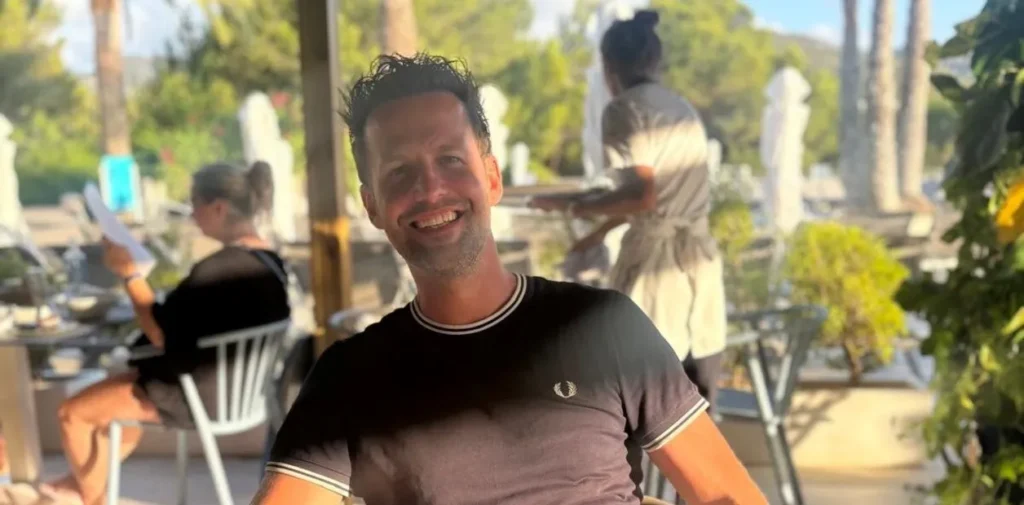
Community Response And Fundraising
Friends and family have launched a GoFundMe campaign to cover medical costs, specialist care, and rehabilitation.
The solidarity effort seeks support from locals, visitors, and international donors. The community has rallied, sharing the story widely.
Looking Ahead
While the damage in his spinal cord is irreversible, the goals now are quality of life and adaptation. David aims to build stamina, increase sitting time in a wheelchair to 30 minutes, enhance feeling of normality through dressing independently, and maintain psychological strength.
His care team will need continued funds, specialist equipment, and emotional support to make progress. The medical transfer to a rehabilitation centre like Salisbury is vital.

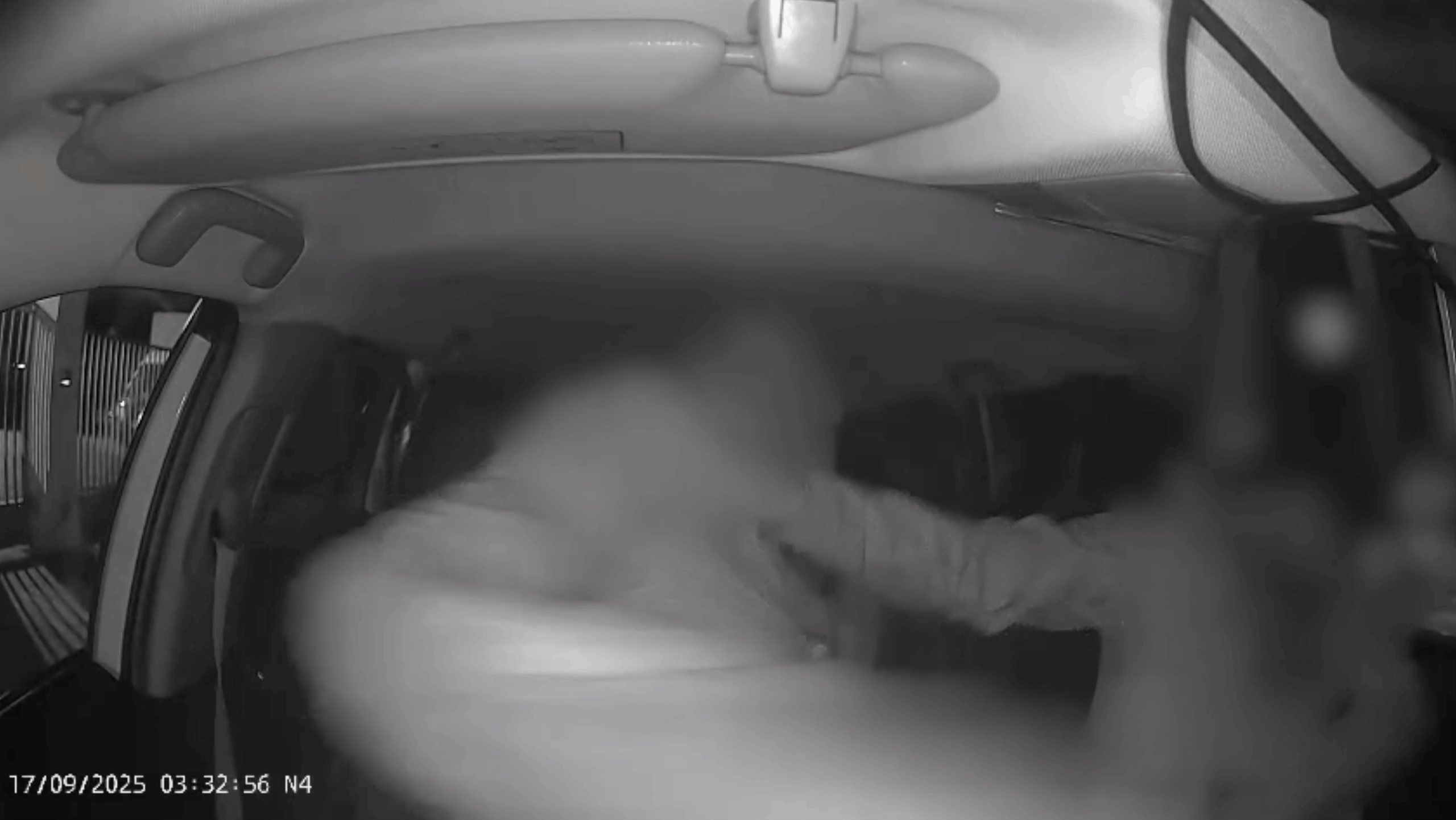
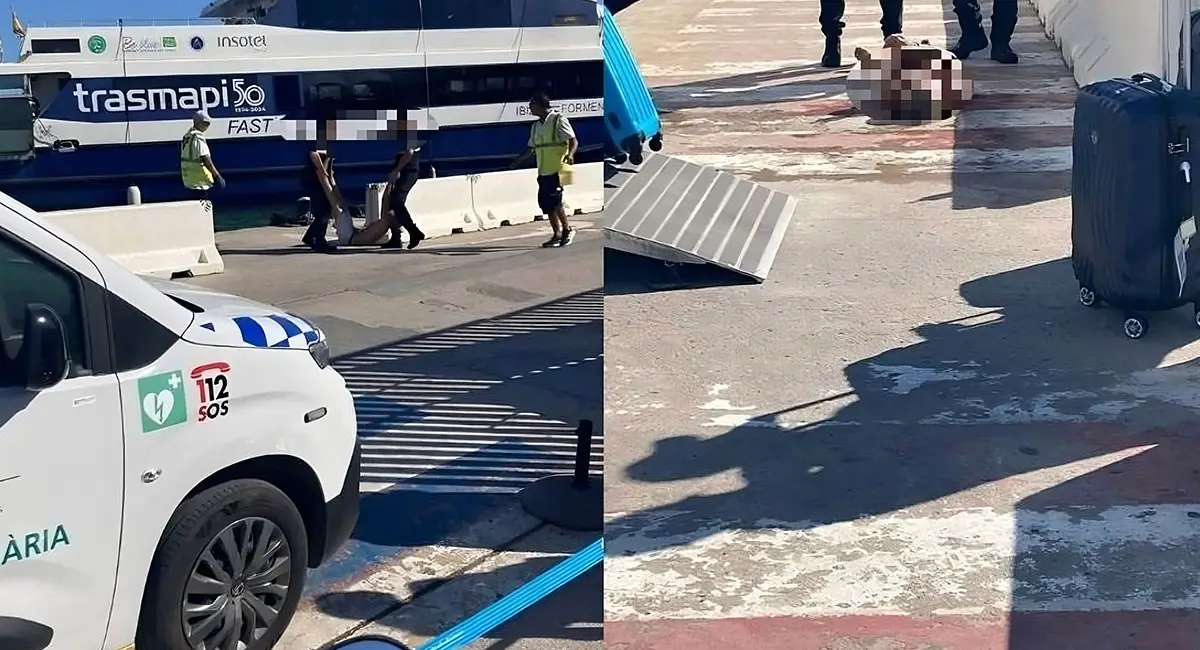
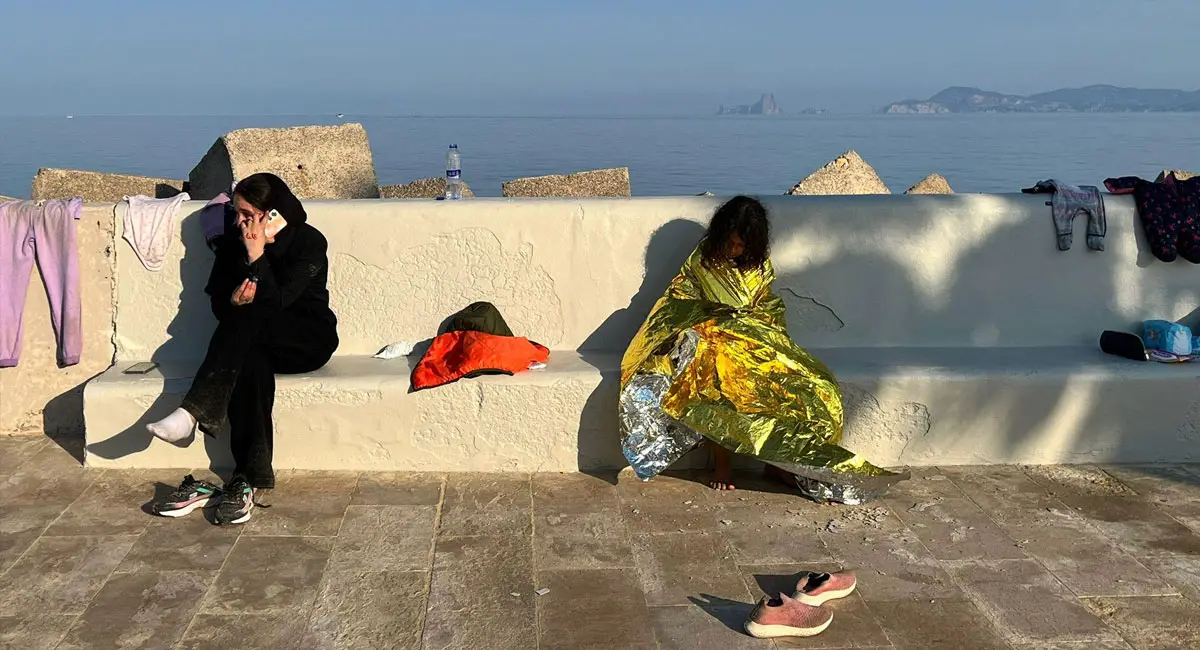
Leave a Reply